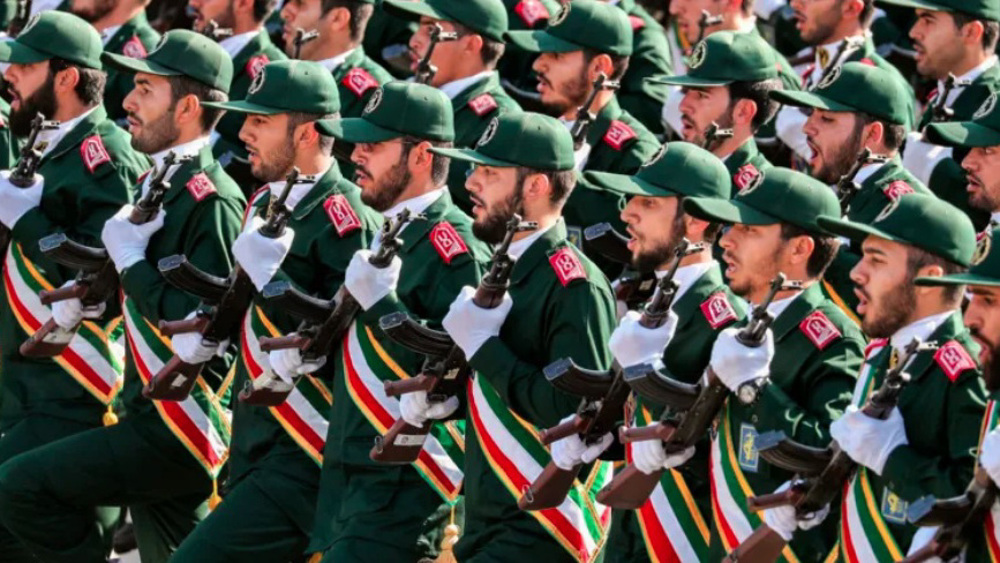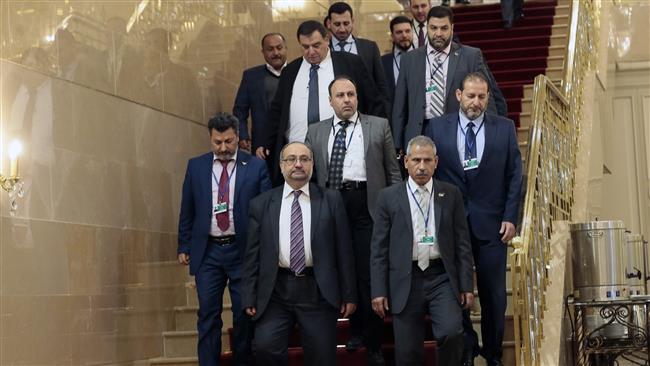US fears gaining nothing from investment in Syrian crisis: Analyst
A new round of peace talks between the Syrian government and the opposition, which was hosted by Russia in the resort city of Sochi, has come to an end. The talks were held in the hope of paving the way for a peaceful settlement of the conflict gripping the Arab state. Press TV has talked to Ammar Waqqaf, founder and director of Gnosos, as well as Richard William Murphy, former US ambassador to Syria and Saudi Arabia, to get their opinion on this peace conference.
Waqqaf believes the Sochi meeting is a “positive step forward” given the fact that it provides an opportunity for the Syrians to decide the future of their country.
“At the end of the day the root cause of the problem in Syria is that two different sides in Syria, two different groups of Syrians are pushing in different ways regarding the future of Syria. Some people want in this way, the other want it that way and this is only going to be solved if those groups sit with each other and start to decide what kind of Syria there will be. This is a good step forward, probably more ceremonial that one would have expected or wished for, but at least we have a conference for national dialogue,” he said.
The analyst also noted the United States and its allies fear whatever they have invested in the Syrian crisis to maintain influence is “slipping away,” knowing that the diplomatic initiative as well as the military one is now mainly in Russia’s hand.
The United States, the United Kingdom, and France have withheld their representatives from attending the event, citing “the Syrian government’s refusal to properly engage.”
Waqqaf went on to say that the previous rounds of Syria peace talks in Geneva were “futile,” but the reason why the US and its allies have been seeking to continue the process in the Swiss city is to have control over the outcome.
“What the Geneva process means to them is that the UN should supervise the political solution and this gives these countries the ability to say this particular political process is approved, it has legitimacy or not. So they have in their hands some sort of power should things continue to go Geneva’s way,” he stated.
According to the analyst, if the different groups in Syria agree upon a solution, other countries should accept their decision but the problem is that the United States and its allies want Syrians to follow the path they dictate.
Meanwhile, Richard William Murphy, the other panelist on the program, maintained that the Sochi conference is one more chapter in the continuing international efforts to bring peace and stability to Syria.
However, he said, the fact that significant elements of the Syrian opposition chose not to attend the meeting shows that they are not comfortable with the prospects of the continuing process organized by Russia.
The analyst further opined that there is still a long road ahead to reach a final agreement given the fact that there is a continuing conflict of interest between the major foreign players in Syria.
Nouri al-Maliki vows not to withdraw bid for Iraq’s premiership
OIC calls emergency summit as Israel accelerates West Bank expansion
Israel, not America, first: Carlson’s Huckabee interview lays bare US foreign policy priorities
VIDEO | Call for unity, more support for Palestine, humanitarian action during Ramadan
Lebanese parliament speaker rejects any postponement of elections
VIDEO | Gazans break Ramadan fast amid rubble of their destroyed homes
Iran seeks to strengthen strategic ties with West African countries: Defense minister
US envoy’s remarks on Israeli West Asia expansion shows Muslim world targeted: Houthi















 This makes it easy to access the Press TV website
This makes it easy to access the Press TV website